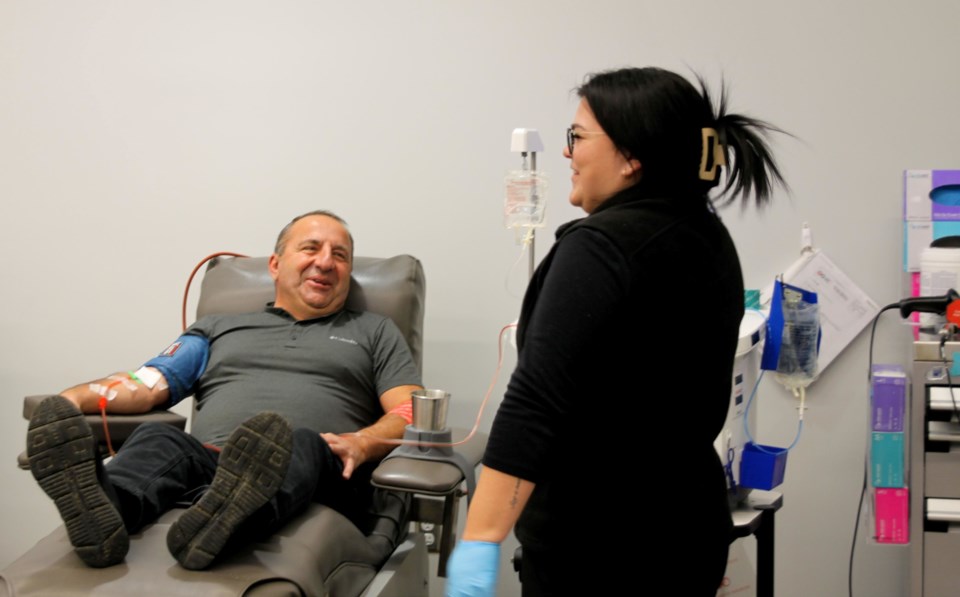The healthcare industry is facing significant challenges, including staffing shortages, budget constraints, and the need for technological modernization. As a result, hospitals must prioritize upgrades to their network infrastructure to enhance operational efficiency and ensure patient safety. Failure to do so could lead to severe repercussions, including the risk of security breaches and compromised patient care.
Understanding the Need for Modern Network Infrastructure
Hospitals are under increasing pressure to integrate advanced technologies like the Internet of Things (IoT), augmented reality (AR), virtual reality (VR), and artificial intelligence (AI) to improve patient care. The shift towards smart hospitals is already in progress, with investments expected to rise from $57.53 billion in 2023 to $67.63 billion in 2024. Furthermore, 70% of healthcare leaders worldwide have identified investments in technology platforms as a priority for their organizations by 2025.
The backbone of any smart hospital is its network, which serves as the central nervous system for various technologies. An outdated network can significantly hinder patient care, as it may not support the vast number of connected devices essential for efficient operations. Issues such as Wi-Fi coverage gaps can delay critical care in sensitive areas like operating rooms (ORs) and intensive care units (ICUs), jeopardizing patient outcomes.
Modernizing Networks for Enhanced Operational Efficiency
A resilient and secure network is essential for the successful operation of smart hospitals. IT teams require robust tools to manage their networks effectively, which includes monitoring outages, identifying security threats, and troubleshooting problems promptly. Embracing a platformization approach can streamline these processes by consolidating various tools into a single, unified platform. This strategy not only enhances security and operational efficiency but also reduces costs.
For example, the West Suffolk NHS Foundation Trust, a prominent district general hospital in Suffolk, England, recognized that a reactive IT strategy could not adequately meet the growing demands of patient care. The hospital lacked visibility across its network, which hindered the management of its multiple facilities. To address these challenges, West Suffolk implemented an AI-driven platform that transformed its IT operations. The head of digital services noted that the new platform provided a comprehensive overview of the network, enabling faster and more informed decision-making.
By simplifying complex IT environments and adopting a platform-based approach, West Suffolk has demonstrated how hospitals can achieve operational excellence while navigating budget constraints and staffing shortages.
As the healthcare sector continues to evolve, it is crucial for hospitals to modernize their network infrastructure. Without a robust and adaptive network, hospitals risk stagnating in their digital transformation efforts, which could negatively impact patient outcomes and data security.
The integration of modern technologies without a strong network foundation is a precarious gamble. The future of healthcare depends not only on the medical advancements within hospitals but also on the robust infrastructure that supports these innovations. To ensure the success of smart hospitals, healthcare organizations must invest in modern network solutions that enhance connectivity and security, ultimately leading to improved patient care.







